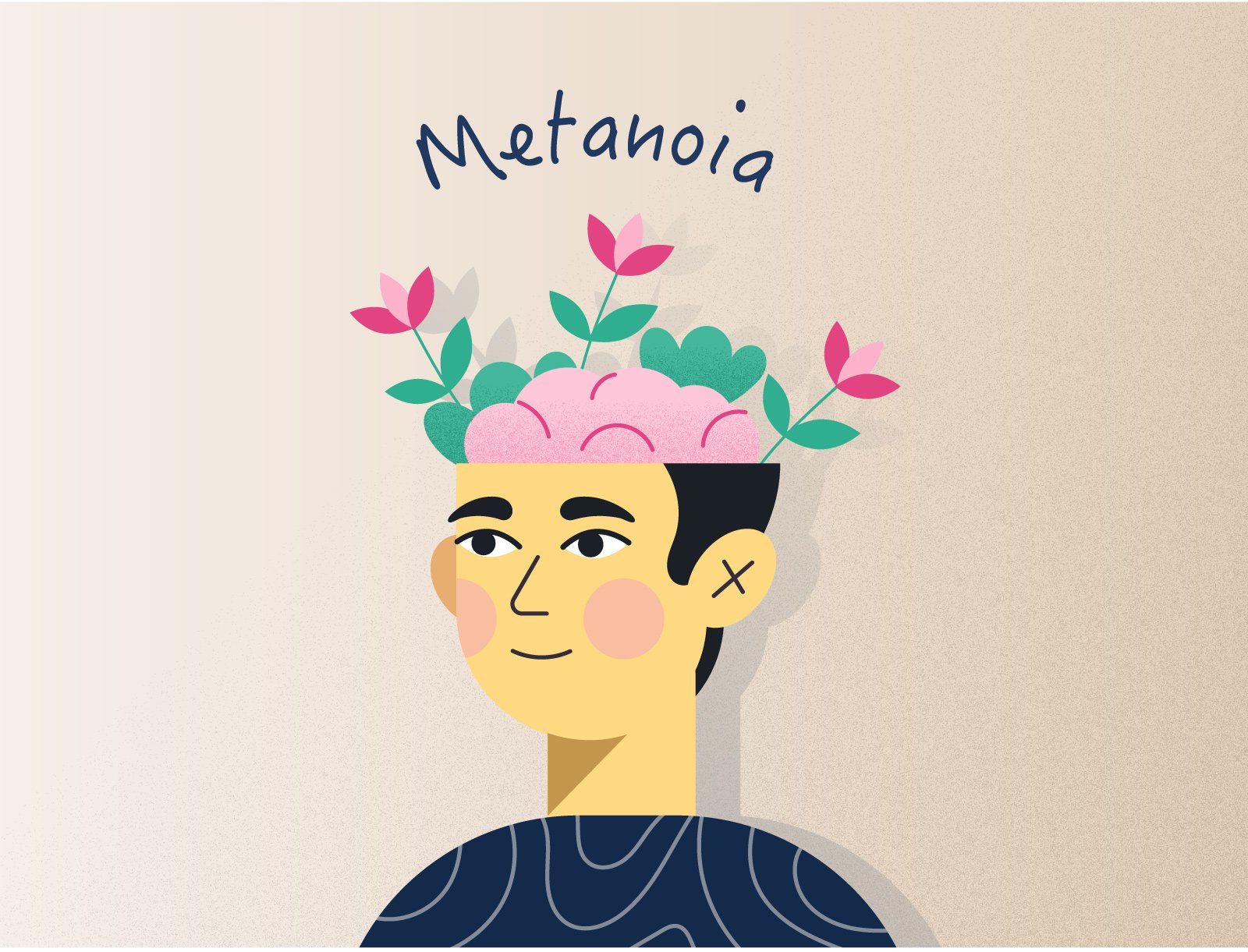The Health Inequalities Framework for North Tyneside
The health inequalities that exist across local communities are well-documented and sadly feature right across the country. There is a well-established connection between poverty and poor health, along with a range of other factors.
When it comes to Public Health policy the borough of North Tyneside has been demonstrating increasing ambition, especially in the period following the coronavirus pandemic. A new strategy called “Equally Well” was launched with the Marmot Principles at its heart. In partnership with the NHS a £400,000 funding pot was created to catalyse a new wave of innovation amongst voluntary sector partners. Local infrastructure body VODA were contracted to manage the programme.
One feature of the programme that needed close attention was how it would be evaluated, with an emphasis on ensuring that important learning would be captured. Appreciating our strong track record in producing evaluations VODA contracted Goodlabs to deliver this element of the programme. Recognising the opportunity to contribute to enlarging the body of learning around this critical issue we were delighted to be involved.
Our approach was to create an ‘open source learning community’ consisting of all the VCSE partners who received grants. Rather than everyone working in silos we created a pattern of events and reports through which relationships could be developed and learning could be shared - both in terms of what is working, and what isn’t. By linking in-person events with the six-monthly reporting schedule we highlighted the relevance of evaluation data and created a sense of empowerment around its interpretation.
At the heart of the process was the creation of a new Health Inequalities Framework, co-produced by all the partners at our first learning community back in May 2022. With 8 impact themes and 55 specific indicators the framework covers all the expected changes taking place in the lives of individual people reached through project delivery, as well as a number of system-level changes too.
The programme continues until December 2023, when we will produce our final evaluation report.
The relationship between reporting data and meeting to discuss it is key
Voluntary sector groups co-producing the framework at event 1, May 2022














